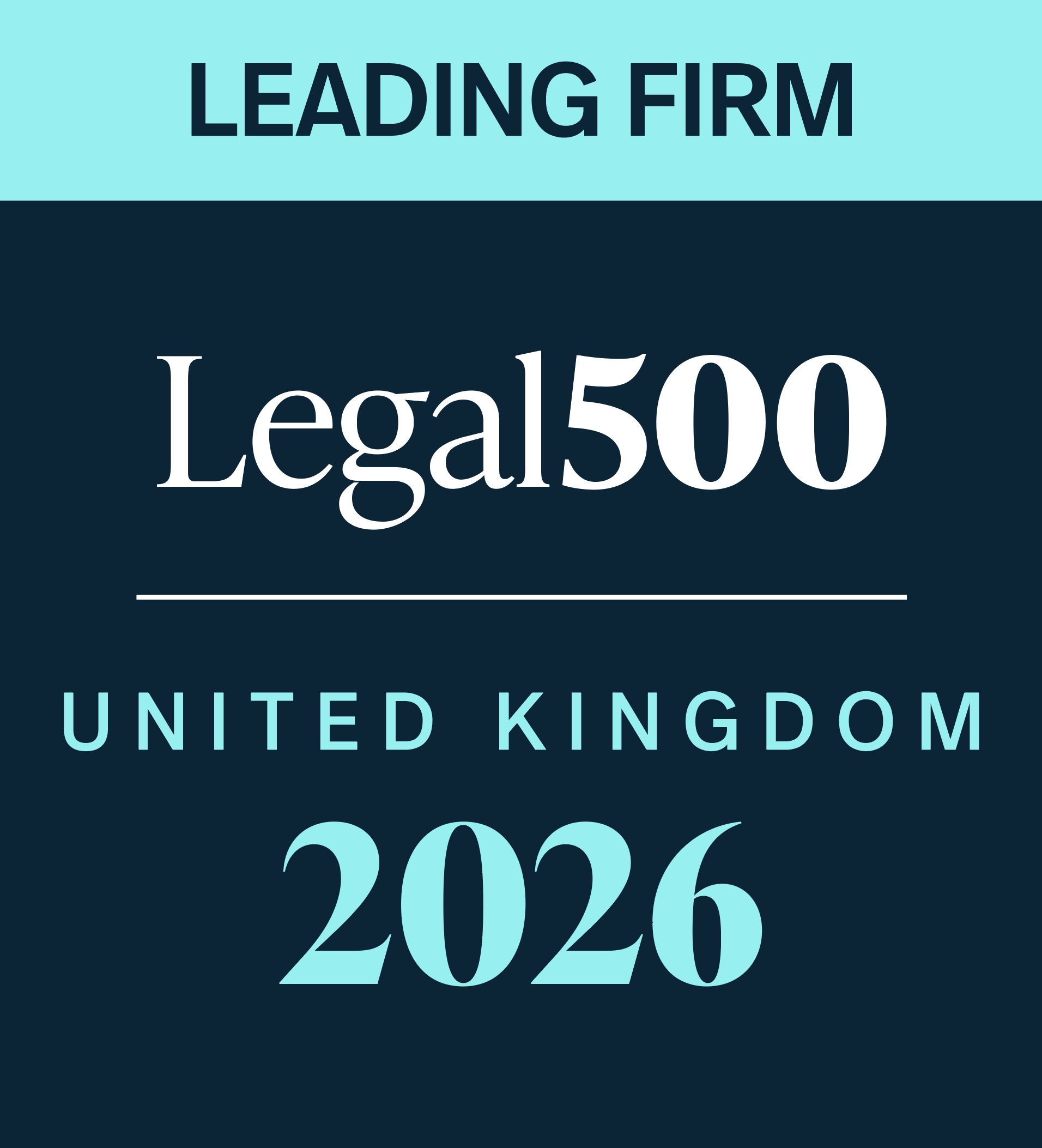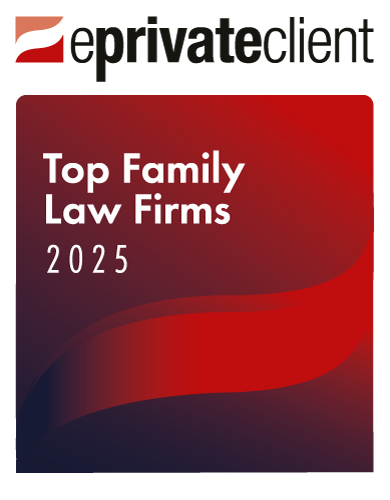Parental Alienation Experts: Identifying & Instructing Professionals in Family Law Proceedings
The Impact of the Re C Decision

The third and final instalment in the Peters May Parental Alienation series considers the impact of the case decision in Re C (‘Parental Alienation’; Instruction of Expert) [2023] EWHC 345.
Whilst the decision applies to the instruction of experts in general, it emerged out of a Parental Alienation case. It highlighted the need to carefully scrutinise the expert retained and their experience and competence to make relevant findings. It also highlighted the lack of clear guidance on what exactly an expert is for the purposes of family law proceedings.
Evolution of Parental Alienation Thinking
The term ‘Parental Alienation Syndrome’ has been widely cited in family court proceedings since its creation by child psychiatrist Richard Gardner in the mid-1980s. However, in recent years, it has been discarded by legal practitioners, with the President of the Family Division Sir Andrew McFarlane confirming the position that must now be taken by the family courts following in Re C [103]:
‘Most Family judges have, for some time, regarded the label of ‘parental alienation’, and the suggestion that there may be a diagnosable syndrome of that name, as being unhelpful. What is important, as with domestic abuse, is the particular behaviour that is found to have taken place within the individual family before the court, and the impact that that behaviour may have had on the relationship of a child with either or both of his/her parents. In this regard, the identification of ‘alienating behaviour’ should be the court’s focus, rather than any quest to determine whether the label ‘parental alienation’ can be applied.”
In short, for the purposes of family law proceedings, what is important is the evidence of alienating behaviours themselves, rather than a particular psychological diagnosis.
The Modern Context
One does not need to look far to find media reports highlighting the problems associated with appointing experts in family law proceedings. Particularly in cases of Parental Alienation, there is “deep concern about unregulated experts who have an economic interest in both diagnosis and therapeutic intervention” (https://www.theguardian.com/global-development/2022/jun/12/parental-alienation-and-the-unregulated-experts-shattering-childrens-lives).
These concerns were acutely demonstrated in Re S, where a mother (and later the Association of Clinical Psychologists) unsuccessfully appealed a court’s refusal to reopen a fact find. The appeal was on the basis that the psychologist, who subsequently found that the mother had alienated the children from their father, was unqualified to make such findings. Of specific concern was the safety of the findings because of the “significance attached to [the psychologist’s] opinion as set out in her assessment, reports and in oral evidence, and its consequences” ([14] https://www.judiciary.uk/wp-content/uploads/2023/02/Re-C-Parental-Alienation-judgment-220323.pdf).
Understanding Re C
Re C effectively summarises the existing (and somewhat vague) rules found in the Family Procedure Rules and the Children and Families Act 2014. An expert is simply ‘a person who provides expert evidence for use in proceedings.’ The opinions of an expert are admissible ‘on any relevant matter on which he is qualified to give expert evidence’ although unhelpfully, these sources fail to define ‘qualified’. For example, although there are 9 protected titles for ‘Practitioner Psychologists’ which are regulated by the Health and Care Professions Council[i], the generic title of Psychologist is not a protected title which means that it can be used by anyone purporting to be an expert.
Key Takeaways from Re C
Whilst Re C has not resulted in a change in the existing law, it has certainly highlighted the importance of performing appropriate due diligence on the qualifications and standing of an expert prior to their commissioning, especially in cases of Parental Alienation. Retaining a genuinely high-quality and experienced expert should be of critical importance to all parties, not only to maximise the chances of obtaining the right outcomes for the benefit of children involved in a case, but also to reduce the delay, stress and expense of having to challenge inappropriate 'experts'.
Given that those of us working in this field do not currently benefit from explicit instructions as to the expertise required of experts in Parental Alienation proceedings, we can only hope that the Courts provide clearer guidance at the earliest opportunity [102]. However, in the interim, it is critical for parents to engage with solicitors who are experienced in the area of Parental Alienation and have access to the best expertise available.
Seeking Assistance?
Many issues relating to children can arise following the breakdown of a marriage or other relationship, and these issues are often some of the most emotionally painful experiences for all involved. A child arrangements order may be needed if couples struggle to reach an agreement about which parent a child should live with or how much time should be spent with each parent.
If you require any assistance or guidance in children matters, particularly parental alienation and appropriate experts, please do not hesitate to get in touch. Email enquiries@petersmay.com and Partners Jessica May and Juliette Peters will be happy to assist.
[i] https://www.hcpc-uk.org/news-and-events/blog/2023/understanding-the-regulation-of-psychologists/






